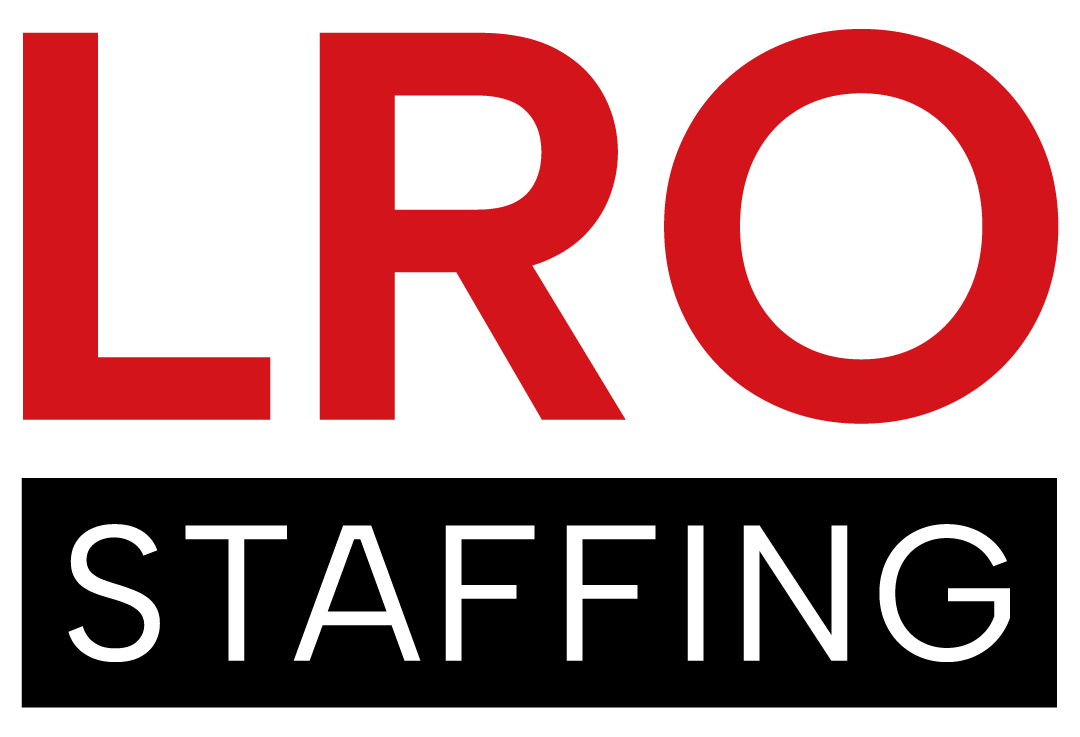In recent years, we’ve seen a major shift in the values and priorities of Canadian employees. While salary and benefits have historically been a key factor in why an individual joins or stays with a company, a survey from ADP revealed that this year, work-life balance was now the number one priority. For this reason, construction has been an industry divided since the pandemic; many companies are fostering an attractive lifestyle design to attract or retain their employees, whilst others have clung to the traditions that have made them successful, but arguably at the cost of significant personnel challenges. Neither side is right or wrong, but we’re all trying to better understand the nuances of building and maintaining an effective culture in this new world of work.
Our perceptions of work-life balance for the construction industry have always looked different compared to other sectors. It’s normal to put in long days, be on-call 24/7, or to prioritize the demands of the job over our well-being. To some degree, the industry thrives on it. However, the pandemic gave no other option but to become flexible on how we delivered all work that didn’t need to be in an office or site. It was a massive wake-up call revealing what’s truly required for the job versus what’s possibly more flexible. While working from home wasn’t for everyone and the extreme circumstances challenged our collective mental health, it also gave everyone the opportunity to experiment with and benefit from a more flexible lifestyle. The employers we spoke with during the early lockdown periods all had positive things to say as well; productivity went up significantly with less in-office distractions or time wasted on the road, and employees were easier to reach when not running around for meetings.
Coming out of the pandemic, it’s only fair to say that not all employers still see flexible working with the same level of positivity they started with. With more time to reflect on their careers, many employees have moved jobs or even left the industry, others have struggled with holding themselves accountable without a team to motivate them, onboarding new talent digitally has proven to have its challenges, and the buzz we were used to in the office hasn’t quite been the same. There are many that hope the problems will go away if we just get back to the way things were, but unfortunately, we’re seeing that strategy lead to even more staff retention issues! Everyone has come to enjoy and even expect flexibility to juggle both our work and personal lives and it doesn’t seem to be something that’s going anywhere any time soon.
Moving forward, the approach employers choose could greatly shape not only their staff retention, but the industry as a whole. This is why we are delving into the importance of work-life balance for the industry and how it can be achieved.
Benefits of Work-Life Harmony
Employers offering a better work-life balance have a 25% lower employee turnover rate according to a recent survey. Moreover, there are countless other benefits to achieving work-life balance for the industry aside from just attracting and retaining talent.
While many companies think offering flexibility, such as the ability to work remotely, is a detriment to their culture, research has shown that those in the construction industry with flexibility in how they operate can better perform tasks and have increased productivity. Additionally, better work-life balance has shown to reduce absenteeism in the workplace. Having work-life harmony also boosts employee morale, with employees feeling less burnt out or stressed.
Repercussions of Work-Life Conflict
Most professionals who enter the construction industry end up having long and beneficial careers. That said, we do see a significant drop off in individuals who join the industry and switch careers early on due to the job not supporting a healthy work-life balance. While some of that is the nature of the job, more and more workers now want a career that compliments their lives, and our industry has no choice but to investigate new ways to address our talent shortages. Approximately 41% of our workforce is set to retire by 2031 according to ADP, and we’re already sitting at record lows for unemployment with a very competitive market for talent driving up the cost of labour at an alarming rate.
Poor work-life balance also takes a large toll on the broader mental health of construction workers as well. With the pressure to avoid making high-consequence mistakes and the long hours of the job, those in the construction industry tend to suffer from a greater chance of burnout as well as higher anxiety and depression rates than the rest of the population according to the Canadian Occupational Safety Magazine. Project performance aside, the mental health of our workers can greatly affect their physical safety on and off the job.
To put this in clearer terms, studies have shown that the suicide rate for construction workers was twice that of other professions even 10+ years ago; a number we’ve seen grown consistently by up to 3% each year leading to the spike we’ve seen in the pandemic. While stats are still being collected to understand the magnitude of the problem since 2020, the need for work-life balance clearly isn’t just a new phenomenon brought about by younger generations entering the workforce; It’s a longstanding and detrimental issue that we just didn’t seem to know how to address before now.
Achieving Work-Life Balance
While the concept of work-life balance may look different for the construction industry, it isn’t any less important to work towards. Whether you’re an estimator with the ability to work from home, a project manager who is on the road, or a construction worker required on site, the key to creating work-life balance in our industry is in finding flexibility wherever possible. Below are a few ways that the industry can continue to create a more attractive lifestyle design post-pandemic for those in construction.
Offer Predictability When Possible
While it’s unlikely to work the traditional 9 a.m. to 5 p.m., it’s important to let the team know ahead of time if the projects require extra hours, early days, late nights, or weekends. By anticipating and communicating demands, individuals will know how the project will affect their personal lives in the short-term and can set their expectations accordingly.
Determine What’s Necessary to a Successful culture
Sure, you might say all of it, but really, pick the best parts. While it will take some time to figure out your own rules of engagement for flexibility in the workplace, start by picking out your critical tasks and find ways to give flexibility for others. It’s important to realize that not all meetings are effective and not all tasks need to be done from an office. One common way we’ve seen this implemented is by dictating core hours. Maybe your team does most of its collaboration between 10 a.m. and 3 p.m. As long as they are present during those times and can show they are putting in the other hours necessary to perform their role, it’s really not as important how and when they do the rest of the work (as long as it’s ahead of schedule).
Trust and Empower Workers
Micromanaging where and how day-to-day tasks are completed can foster resentment and complacency. Flexibility centres around the idea of autonomy and trust. Nearly everyone wants to be successful and be able to say they are good at what they do; you don’t need to instil that motivation, you just need to support it. Try focusing on what tools and offerings you can provide employees to help them hone their skills or access new resources that can help them grow; not just at the core of projects and contracts, but even with basics like organizational and communication skills. By putting your focus and energy in supporting your people rather than managing them, you’ll get more out of your high-performers and weed out the people who didn’t really want to be there anyways.
Set and Track Expectations
Giving employees more flexibility only works when you can still have accountability. You need to understand which metrics relate directly to their success and make sure they deliver on those; keep it simple though and don’t get caught in too many details. If you give them freedom and let them know you’re there to help, they’ll be driven to figure out the rest.
Provide Digital Resources
We’ve received consistent feedback from employers and employees that they’ve been much more productive while being able to access the digital resources needed to do their work remotely. There are lots of secure tools to share project and company-based information; some can even make whole processes more effective. Check out what tools are available to tackle your challenges and you’ll likely be pleasantly surprised
Keep Safety at the Forefront
Whether it’s physical health or mental health, employers in our industry have an onus to protect workers. By ensuring those working in the industry feel secure, safe, and healthy while doing their jobs, they in turn feel their best and become more effective and happy people both at work and at home. Beyond ensuring you create a positive place to work, it’s important that employers are investing in both mental and physical wellness programs to improve their employees’ overall well-being.
Adopt a Flexible Approach
Not every company can function on core hours. Not every person can do part of their job from home or the road. It’s not about what’s fair, it’s about what’s reasonable. Just because you can’t offer the whole team 100% flexibility doesn’t mean you can’t try things and have an open dialogue to start taking steps to loosen the guidelines where appropriate. Even employees who work long, regimented hours will think the world of an employer who doesn’t ask questions when they need to take an afternoon for an appointment or emergency. If you don’t know how to offer better work-life balance, start by asking.
For more insights or assistance in attracting and retaining construction talent, contact Parker Huggett – a division of LRO Staffing – today!

